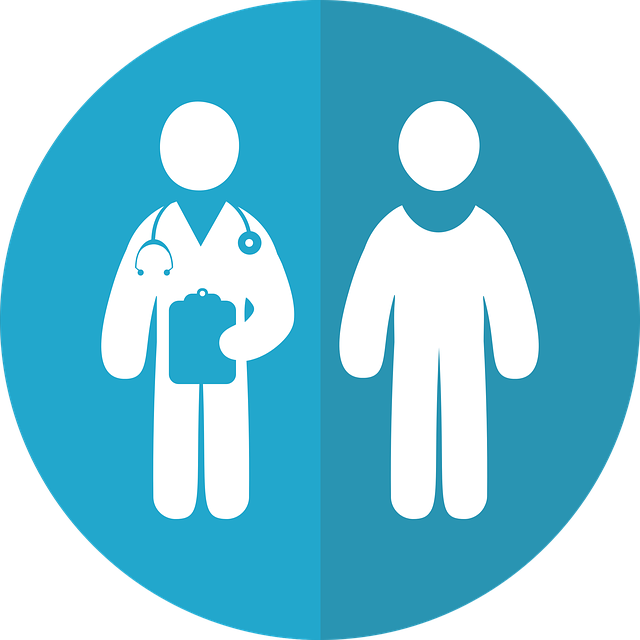
A co-editor of the Journal of Neurology has retracted a 2018 paper he helped write because the way the paper was written misled readers about the nature of the research.
The article, “Menière’s disease: combined pharmacotherapy with betahistine and the MAO-B inhibitor selegiline—an observational study,” purported to describe the effects of a combination treatment to reduce the incidence of dizziness in people with Menière’s, a neurologic disorder that affects the inner ear.
The first author of the paper is Michael Strupp, of the Munich Center for Neurosciences at Ludwig-Maximilians-University in Munich. Strupp also is one of a troika of editors in-chief of the Journal of Neurology.
According to the abstract:
Thirteen adults aged 40-75 years (mean 58.9 years; six females) had initially been treated with a high dosage of betahistine dihydrochloride for at least 1 year. Under this therapy, all of them had ≤ 1 attack for ≥ 3 months prior to the combination pharmacotherapy. Subsequently, they received 5 mg/day selegiline and the dosage of betahistine was reduced to about one tenth and then individually adjusted to the dosage needed to achieve the same treatment response (≤ 1 per 3 months, observational period of at least 6 months).
Turns out, that “individually” was doing a lot more work in the protocol than it should have been.
Here’s the notice for the paper:
The authors have retracted this article because it erroneously gives the impression that the results presented were based on a clinical trial, when in fact the patients treated in this observational study underwent so-called “individuelle Heilversuche” (individual patient treatment). “Individuelle Heilversuche” is a type of medical treatment that deviates from the established medical standard. The healing attempt is aimed primarily at curing a specific patient, rather than conducting experimental research. Therefore, these individual healing attempts cannot be referred to as a clinical study. All authors agree with this retraction.
We notice that this definition is quite similar to the translation Google generates for the Wikipedia entry for Heilversuche, which provides some additional and important context:
The healing attempt (also individual healing attempt ) is a medical treatment that deviates from the medical standard , for example with a new drug or a new method. However, their effects and side effects cannot yet be sufficiently overlooked. The attempt to heal is aimed at the healing of a particular patient, not at research . It differs from the clinical experiment . This distinction is legally significant, because the legal provisions for protecting the subjects of scientific studies do not apply to individual healing attempts. [1]
According to the Wikipedia post, these individualized therapies are subject to particular scrutiny under German law:
Current case law in Germany requires the doctor who wants to deviate from the standard to exercise a much higher standard of care than usual. This concerns the planning, clarification, implementation and follow-up inspection of the intervention. Liability can arise even with simple treatment errors. [5]
It can be difficult to differentiate in individual cases whether there is an attempt at healing or a study regulated by the Medicinal Products Act . This applies especially to “healing trial series” or “pilot studies”. A test plan or a control group can be indications of not only subordinate research interest. [6]
Strupp told us that:
It was never called a clinical trial…
It were so called Individuelle Heilversuche…
Since our agency in Germany has become more strict on these issues I retracted the article.
Why retract, rather than issue some sort of note about the characterization? Strupp said:
I had a conversation with the German Agency … used the paper for an application for a Phase I and Phase IIa study and they recommended that I should reject it otherwise I might run into trouble …
I agree [that a notice might have been appropriate] but I want to be on the safe side.
Roger Barker, another co-editor, told us that the troika was aware of the issues:
This paper was withdrawn by Dr Strupp after discussion with the other Co-Editors in chief.
Like Retraction Watch? You can make a tax-deductible contribution to support our work, follow us on Twitter, like us on Facebook, add us to your RSS reader, or subscribe to our daily digest. If you find a retraction that’s not in our database, you can let us know here. For comments or feedback, email us at [email protected].